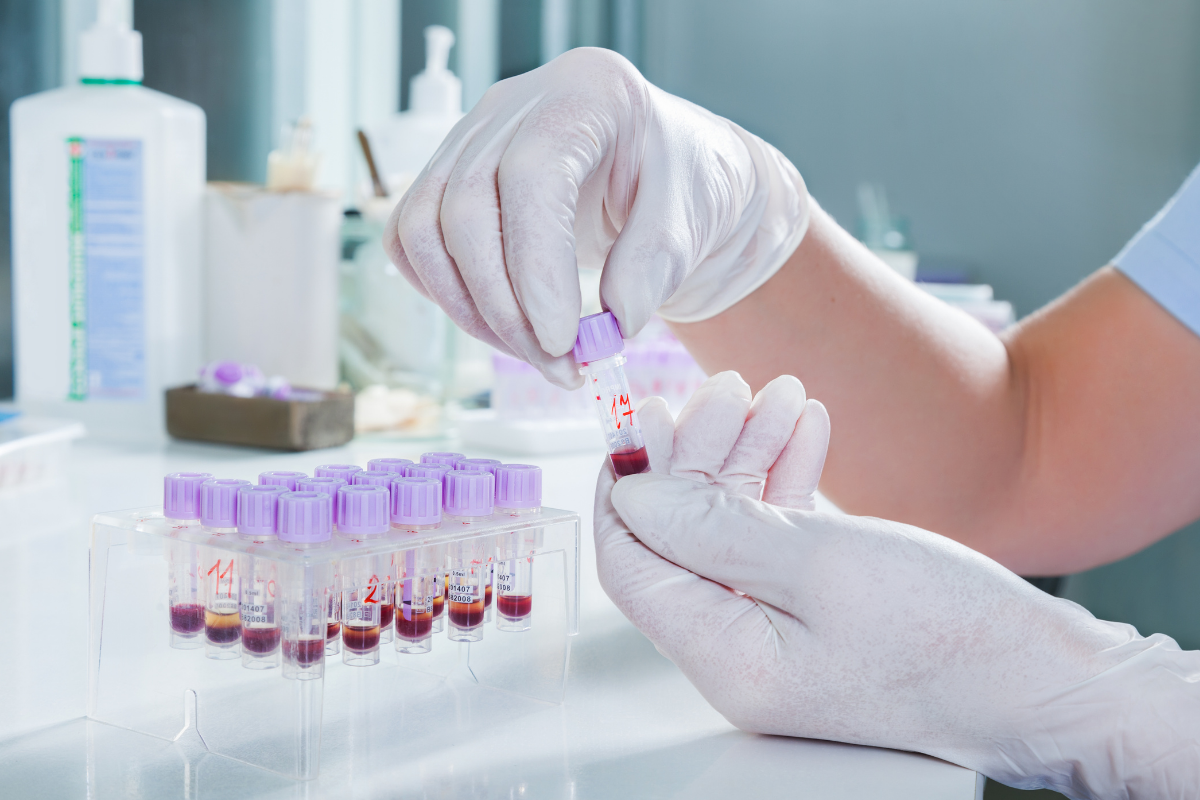
Moderna vaccine production may face logistical challenges, according to Albert Baehny, chairman of Swiss drugmaker Lonza.
These logistical challenges may happen when the vaccine has been approved and must be distributed to around 7 billion people.
Vaccines are expected to be manufactured and carried in specific and cold conditions or they could be found ineffective.
Lonza, which has partnered with Moderna, announced that it aims to come up with 400 million doses of the vaccine every year. The U.S. company's target is 500 million to 1 billion doses in total for 2021. People who will take the vaccine will need two doses, as with Pfizer’s shot, manifesting how long it could take, with the present manufacturing capacity, to vaccinate in many countries.
Lonza will generate ingredients within Moderna’s vaccine, formally known as mRNA-1273, in facilities in the U.S. and Switzerland, where it is based. In an interview with CNBC, Baehny mentioned the “big challenges” facing drugmakers when it comes to ramping up production.
“We can only produce more than 500 million doses a year if we install additional manufacturing lines, so it is clear that we need additional investments in installation if we want to produce more than 500 million (per year) in the future,” he told CNBC’s “Squawk Box Europe” on Wednesday.
Moderna vaccine production challenges
Baehny noted more challenges to vaccine production that the company had had to face since sealing its partnership with Moderna.
“There are a few issues, the first is speed. We only started 10, 11 months ago and now we are producing the first commercial batches of the drug substance in North America, and we are planning the first batch of commercial volume in one or two weeks in Switzerland, so the speed has been a challenge.”
“The second challenge is to find the people. For each manufacturing line, you need 60-70 educated persons. We’ve installed four manufacturing lines so you have to identify and train these people,” he said.
“Then linked to the speed (issue), you have to have access to the equipment, install the equipment, and then test your manufacturing facility, so (these are) big challenges, resolved, or almost resolved, in less than one year.”
Moderna vaccine is 94.5% effective based on early data results. Its trial registered 30,000 participants in the U.S. with half being given two doses of the vaccine, four weeks apart. The rest took dummy injections. The analysis was taken from the first 95 to manifest Covid-19 symptoms.
Only five of the coronavirus cases were in people given the vaccine while 90 were in those who received the dummy treatment. The company noted that the vaccine is protecting 94.5% of people.
Findings revealed that there were 11 cases of severe Covid-19 in the trial. However, none happened in people who were immunized.
“The overall effectiveness has been remarkable… it’s a great day,” Tal Zaks, the chief medical officer at Moderna, told BBC News.
Dr. Stephen Hoge, the company’s president, shared that he “grinned ear to ear for a minute” when the results were released.
He told BBC News: “I don’t think any of us really hoped that the vaccine would be 94% effective at preventing Covid-19 disease, that was really a stunning realization.”






